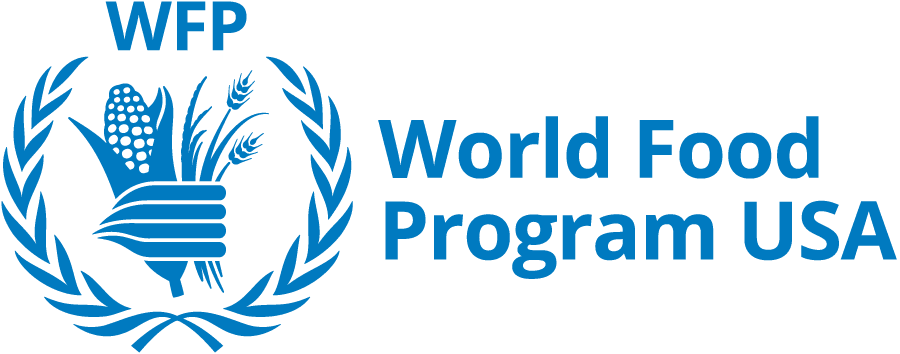Dry and Dependent
Djibouti, in the Horn of Africa, has recently graduated to low-middle-income country status. Despite recent economic growth, poverty rates stand at 79 percent, with 42 percent of the population living in extreme poverty. The climate is hot and dry, and desert-like, arid conditions are exacerbated by natural events such as El Niño phenomenon. Livestock represents the main livelihood for one third of the total population, but it accounts for only 3 percent of the country’s GDP.
Djibouti imports 90 percent of the food it needs, which makes it highly dependent on international market prices. While malnutrition rates are showing a positive trend – down to 7.5 percent in 2016 from 18 percent in 2015 – food insecurity persists, with 62 percent of the rural population having limited access to nutritious food.
This situation has its roots in structural poverty, insufficient access to water for agropastoral activities, lack of basic services such as health, education, and water and sanitation, inadequate social safety nets, limited employment opportunities, and the effects of the influx of refugees.
Djibouti port is the principal transit point for cargo in and out of Ethiopia and a key link in commercial transport routes to and from the greater Horn of Africa. To enhance efficiencies in both humanitarian and commercial logistics, the Government of Djibouti and the World Food Programme (WFP) have established the Humanitarian Logistics Hub which can store up to 65,000 metric tons of food and goods for operations in the region.
You can make a difference. By understanding issues, learning how to civically engage, and joining the movement to end global hunger for good.












